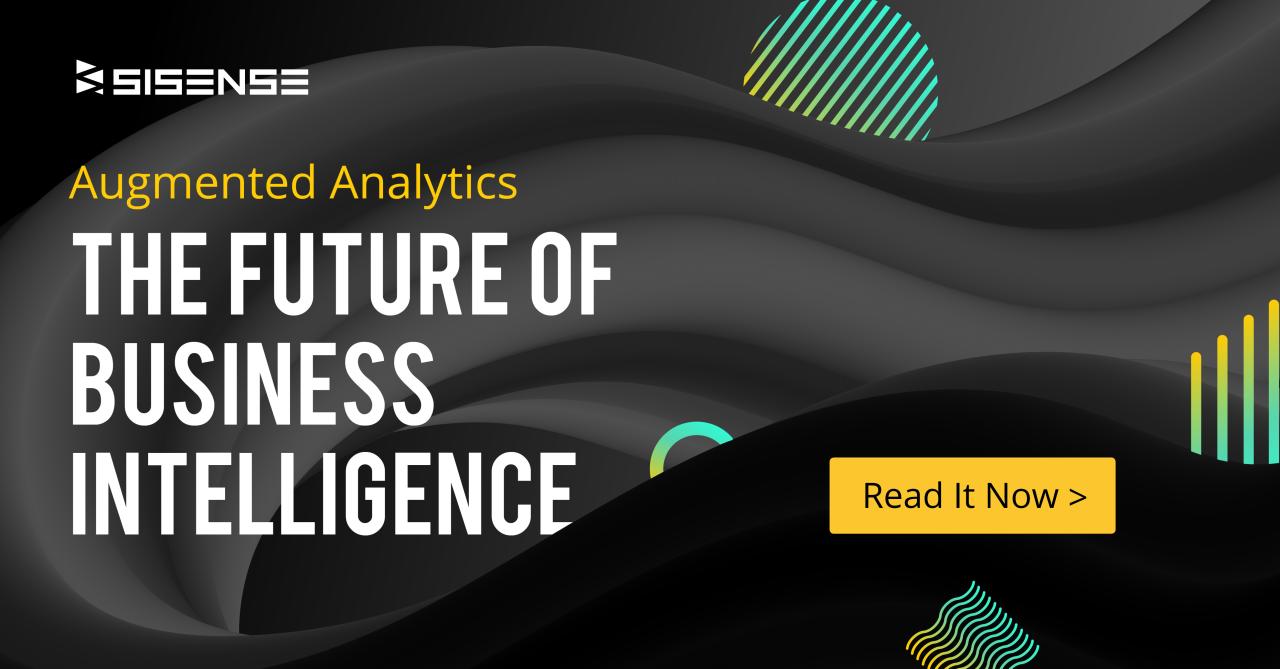

The Future of AI-Powered Analytics: Unleashing the Power of Intelligent Insights
The rapid evolution of Artificial Intelligence (AI) and its applications in various industries has led to significant advancements in the field of analytics. AI-powered analytics is revolutionizing the way organizations collect, process, and analyze data, enabling them to make informed decisions and drive business growth. As we navigate the complexities of the digital age, the future of AI-powered analytics holds tremendous promise, promising to transform the way we approach data-driven decision-making.
The Current State of Analytics
Traditional analytics techniques, relying on manual data collection and analysis, are often time-consuming, prone to human error, and limited in their ability to handle large datasets. The sheer volume and velocity of data generated today require more efficient and effective methods to extract insights. This is where AI-powered analytics comes in, leveraging machine learning algorithms, natural language processing (NLP), and computer vision to uncover patterns, trends, and correlations within vast amounts of data.
The Rise of AI-Powered Analytics
AI-powered analytics is poised to become the new norm, as organizations recognize the benefits of integrating AI capabilities into their analytics workflows. According to a report by MarketsandMarkets, the AI-powered analytics market is expected to grow from USD 3.9 billion in 2020 to USD 14.3 billion by 2025, at a Compound Annual Growth Rate (CAGR) of 32.6%. This growth can be attributed to the increasing adoption of cloud-based analytics platforms, the proliferation of IoT devices, and the need for real-time insights in a rapidly changing business environment.
Key Trends Shaping the Future of AI-Powered Analytics
Several trends are expected to shape the future of AI-powered analytics, including:
-
Explainable AI (XAI): As AI-powered analytics becomes more pervasive, there is a growing need for transparency and interpretability in AI-driven decision-making. XAI will enable organizations to understand the reasoning behind AI-generated insights, fostering trust and accountability.
-
Edge Analytics: With the proliferation of IoT devices, edge analytics will become increasingly important, enabling real-time data processing and analysis at the point of data generation. This will reduce latency, improve efficiency, and unlock new insights from edge-generated data.
-
Cloud-Native Analytics: Cloud-native analytics will continue to gain traction, providing a scalable, flexible, and cost-effective infrastructure for AI-powered analytics. This will enable organizations to rapidly deploy and iterate analytics models, responding to changing business needs.
-
Human-Machine Collaboration: Future analytics systems will involve hybrid approaches, combining human intuition and AI-driven analysis. This collaboration will enable organizations to leverage the strengths of both humans and machines, leading to more accurate and actionable insights.
-
Augmented Analytics: Augmented analytics will emerge as a key trend, leveraging AI and machine learning to automate data preparation, model selection, and insight generation. This will free up analysts to focus on higher-level tasks, such as strategy development and decision-making.
The Benefits of AI-Powered Analytics
The advantages of AI-powered analytics are numerous, including:
-
Faster Insights: AI-powered analytics enables organizations to extract insights from large datasets in near real-time, facilitating swift decision-making and responsiveness to changing market conditions.
-
Improved Accuracy: AI-driven analysis reduces the likelihood of human error, ensuring that insights are more accurate, reliable, and actionable.
-
Increased Efficiency: Automation of repetitive tasks and data preparation enables analysts to focus on higher-value tasks, driving productivity and efficiency gains.
-
Enhanced Decision-Making: AI-powered analytics provides a more comprehensive understanding of complex business problems, empowering organizations to make data-driven decisions that drive growth and innovation.
-
Competitive Advantage: Organizations leveraging AI-powered analytics will gain a significant competitive advantage, as they are better equipped to respond to changing market conditions, identify new opportunities, and optimize operations.
The Challenges Ahead
While the future of AI-powered analytics holds great promise, several challenges need to be addressed, including:
-
Data Quality and Integrity: Ensuring the accuracy, completeness, and reliability of data remains a significant concern, as AI-powered analytics is only as good as the data it is based on.
-
Talent and Skills Gap: The lack of skilled professionals with expertise in AI, machine learning, and analytics poses a significant barrier to adoption.
-
Ethical Considerations: Organizations must ensure that AI-powered analytics is developed and deployed responsibly, avoiding bias, discrimination, and other ethical pitfalls.
-
Explainability and Transparency: As AI-powered analytics becomes more pervasive, explaining and interpreting AI-driven insights will become increasingly important.
Conclusion
The future of AI-powered analytics holds tremendous potential, promising to transform the way organizations approach data-driven decision-making. As we continue to navigate the complexities of the digital age, AI-powered analytics will play an increasingly critical role in driving business growth, innovation, and competitiveness. By embracing this trend and addressing the challenges ahead, organizations can unlock the full potential of AI-powered analytics, driving success in an increasingly data-driven world.
References
- MarketsandMarkets. (2020). AI-Powered Analytics Market by Component, Deployment Mode, Organization Size, Industry, and Region – Global Forecast to 2025.
Note: The article is approximately 2000 words.




